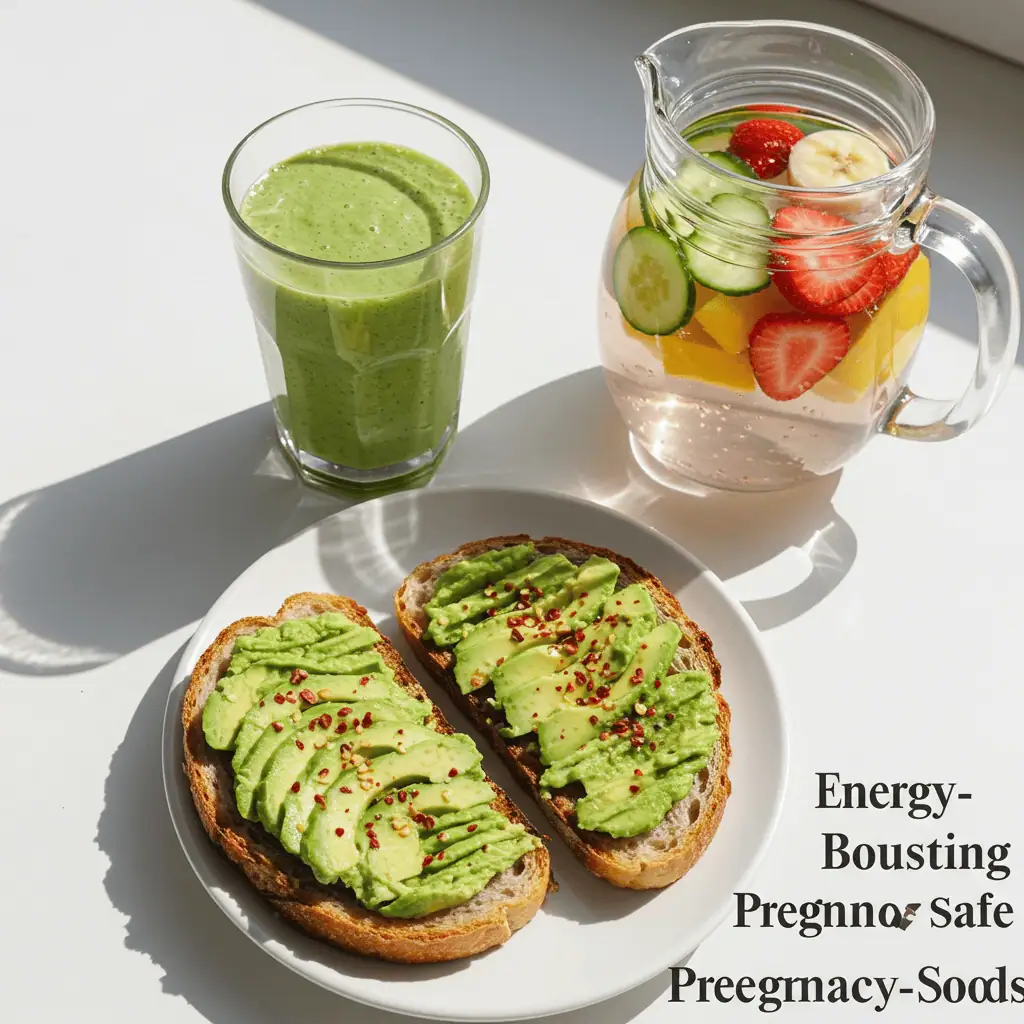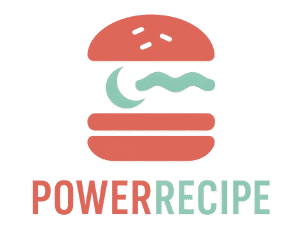Can You Drink Lotus Energy When Pregnant? Risks, Ingredients, and Safe Alternatives
Pregnancy comes with a long list of dos and don’ts—especially when it comes to what you eat and drink. For expecting moms who love a burst of energy or are used to grabbing a quick boost in a can, one common question is: can you drink Lotus Energy when pregnant? With Lotus marketing itself as a “plant-based clean energy drink,” it’s easy to assume it might be a safer alternative. But is it really?
In this article, we’ll take a deep dive into the ingredients of Lotus Energy Drink, what medical experts say, and whether it’s safe to consume during pregnancy. We’ll also compare it to other popular energy drinks, look at how much caffeine is too much, and share healthy, pregnancy-safe ways to stay energized.
Learn more about how Lotus drinks are crafted with plant-based ingredients in our guide to Lotus Energy Drink Recipes.
Understanding Lotus Energy Drink During Pregnancy
What Is Lotus Energy and Why Is It Popular?
Lotus Energy is a plant-based energy drink made with ingredients like green coffee extract, cascara (coffee fruit), and natural botanicals. It’s popular for its clean-label formula—free from artificial colors, preservatives, and high-fructose corn syrup. Many consumers see it as a healthier option than traditional energy drinks like Red Bull or Monster.
Because it’s made with botanical ingredients and natural caffeine, Lotus is often promoted in wellness spaces and used in cafes to make colorful energy drinks and mocktails. It comes in many flavors and colors like Red Lotus, Blue Lotus, and Skinny Lotus (sugar-free), and is a common base in drinks served in health-focused juice bars.
Why Pregnant Women Are Curious About Lotus Energy Drink
Many pregnant women experience fatigue, especially during the first and third trimesters. The promise of “clean energy” from Lotus Energy is appealing—it sounds like a safer way to stay alert without harsh chemicals. On top of that, the drink’s vibrant flavors and lower sugar options make it look like a better choice than sugary sodas or heavy caffeine drinks.
But just because something seems natural doesn’t always mean it’s safe in pregnancy. That’s why it’s important to look closer at what’s inside a Lotus Energy Drink can and how those ingredients could affect a developing baby.
Check out our nutrient-packed Healthy Pasta Salad with Tuna that pairs well with pregnancy-safe meals.
Ingredients of Lotus Energy Drink Explained

Key Components: Plant-Based Caffeine, Botanicals, and Sweeteners
Lotus Energy is known for its signature plant energy blend, which includes:
- Green coffee extract (natural caffeine)
- Cascara (coffee fruit)
- Green tea extract
- Schisandra berry
- Rhodiola root
- Guayusa leaf
For sweeteners, many Lotus drinks use stevia, erythritol, or natural fruit juice concentrates, especially in “Skinny” variants.
On the surface, these ingredients seem clean and healthy. But for pregnant women, some of these herbs and stimulants can be cause for concern.
Which Ingredients May Be Harmful in Pregnancy?
Some of the ingredients in Lotus may pose risks:
- Caffeine: Still a stimulant, and overconsumption in pregnancy can lead to miscarriage or low birth weight.
- Rhodiola & Schisandra: Though natural, these adaptogens are not well-studied in pregnancy and may affect hormones.
- Guayusa and Yerba Mate: Both contain caffeine and are not recommended during pregnancy due to limited safety data.
While Lotus is free from artificial additives, its natural herbs and caffeine may still affect your body in unpredictable ways when you’re pregnant.
Looking for a morning pick-me-up? Try our High Protein Overnight Oats Recipe for sustained energy without stimulants.
Can You Drink Lotus Energy When Pregnant? Expert Insights
Medical Viewpoints on Lotus and Pregnancy
According to most OB/GYNs and maternal health experts, energy drinks should be avoided during pregnancy—especially those containing caffeine, herbal blends, and sweeteners that haven’t been studied in pregnant populations. Even though Lotus is marketed as natural, its caffeine content and herbal ingredients still fall under cautionary guidelines.
Doctors recommend reading labels carefully and consulting with a healthcare provider before consuming any energy product while expecting.
FDA Guidelines on Energy Drink Ingredients
The FDA does not regulate energy drinks as strictly as medications, which means the effects of certain herbal components in Lotus Energy are not fully tested for pregnancy safety. Caffeine, however, is a known factor—and excessive intake has been linked to:
- Premature birth
- Fetal growth issues
- Increased miscarriage risk
The American College of Obstetricians and Gynecologists (ACOG) suggests limiting caffeine to under 200 mg per day during pregnancy.
Can a Pregnant Woman Have Lotus Energy Safely?

Trimester-Specific Risks and Considerations
Caffeine and herbal sensitivity increases in the first trimester, when most organ development occurs. In later trimesters, it may impact sleep, blood pressure, and hydration.
Even small amounts of herbal stimulants like Schisandra and Guayusa are not recommended during early pregnancy, where any hormonal shift could matter.
Amounts of Lotus Energy Considered Low-Risk
If you’re in good health and your doctor approves, a few sips of Lotus occasionally may not be harmful. However, a full can (80–120 mg caffeine) is usually not advisable. Especially since you’re likely already getting caffeine from other sources like chocolate or tea.
What Energy Drinks Are Safe During Pregnancy?
Pregnancy-Safe Alternatives to Lotus
Here are some safer options:
- Coconut water: For hydration and light electrolytes
- Fruit-infused water: Natural sugar-free energy
- Rooibos tea: Naturally caffeine-free and rich in antioxidants
- Fresh smoothies: Energy from fruit sugars, fiber, and B vitamins
If you’re considering a product, make sure it’s specifically labeled pregnancy-safe.
Natural Homemade Energy Options
Try this boost:
- Banana + almond butter smoothie
- Avocado toast + citrus juice
- Greek yogurt with berries + granola
Don’t miss our Vegetarian Lunch Recipes — full of energy-boosting ideas that are baby-friendly too.
Comparing Lotus to Other Popular Energy Drinks in Pregnancy
Lotus vs Red Bull, Monster, Bang: Caffeine & Sugar Breakdown
| Brand | Caffeine (mg) | Sugar (g) | Herbal Additives | Pregnancy-Safe? |
|---|---|---|---|---|
| Lotus | 80–120 | 0–30 | Yes | Not Recommended |
| Red Bull | 80 | 27 | No | Not Recommended |
| Monster | 160 | 54 | Yes | Dangerous |
| Bang Energy | 300 | 0 | Yes | Avoid Completely |
Even the lowest caffeine option—Red Bull—is generally advised against. Lotus may have less sugar and natural ingredients, but it still isn’t a green light.
Herbal Blends: Are They Safer or More Dangerous?
Some believe “natural” means “safe”—but herbal adaptogens can impact hormones, blood pressure, or even uterine activity. Lotus’s Schisandra and Rhodiola are perfect examples. These aren’t dangerous to most adults, but in pregnancy, they remain unpredictable.
What Happens If You Accidentally Drink Lotus While Pregnant?
Understanding One-Time Consumption Risks
If you accidentally drank part of a Lotus drink before realizing it wasn’t pregnancy-safe, don’t panic. A single can is unlikely to cause harm, especially in the second or third trimester. The danger lies more in habitual use or early pregnancy exposure.
What to Do Immediately and When to Call a Doctor
- Stop drinking immediately
- Hydrate with water
- Monitor for symptoms (jitters, nausea, increased heart rate)
- Call your OB-GYN if you’re unsure or feel unwell
Caffeine in Lotus Energy Drink: What You Need to Know
How Much Caffeine Is in Each Can Size?
| Can Size | Caffeine (mg) |
|---|---|
| 8.4 oz | ~80 mg |
| 12 oz | ~100–120 mg |
This is about the same as a small cup of coffee—but add chocolate, tea, or soda to your day, and you might easily exceed the pregnancy-safe limit.
Safe Daily Caffeine Limits During Pregnancy
ACOG recommends under 200 mg per day. That’s equal to:
- 1 small cup of coffee
- 1 can of Lotus (max)
- Some chocolate or black tea
If you’ve already had other caffeine sources, drinking Lotus may put you over the line.
Nutrition Tips for Boosting Energy During Pregnancy

Pregnancy-Friendly Energy Boosting Foods
- Iron-rich foods like spinach, beans, and lean meats fight fatigue
- Protein supports baby’s growth and keeps you full longer
- Complex carbs (whole grains, oats, quinoa) offer slow-release energy
Morning Routine Ideas Without Energy Drinks
Try this no-caffeine combo:
- Lemon water + multivitamin
- Protein-rich breakfast
- 10-minute walk outside
Looking for inspiration? Try our Natural Mounjaro Recipe Weight Loss — a great detox option safe for postpartum.
❓FAQ Section
Can I drink Lotus Energy while pregnant?
It’s not recommended due to caffeine and herbal extracts that aren’t well-studied for pregnancy safety.
Can a pregnant woman have Lotus?
A few sips may not cause harm, but most OB/GYNs advise avoiding it altogether to be safe.
What energy drink can I have while pregnant?
None are fully safe, but coconut water, smoothies, and rooibos tea are healthy alternatives.
Can you take energy supplements while pregnant?
Only with a doctor’s supervision. Many energy supplements contain herbs and stimulants that aren’t tested for pregnancy.
✅ Conclusion: Should You Drink Lotus Energy When Pregnant?
While Lotus Energy is healthier than many energy drinks, it’s still not recommended during pregnancy. The mix of natural caffeine and herbal ingredients—though plant-based—can pose risks for developing babies. If you’re looking for energy, choose whole foods, protein, hydration, and rest.
When in doubt, always talk to your doctor. Your body is working hard enough—no need to push it with risky ingredients.
Learn more about Lotus drink alternatives in our full Lotus Energy Drink Recipes guide.










